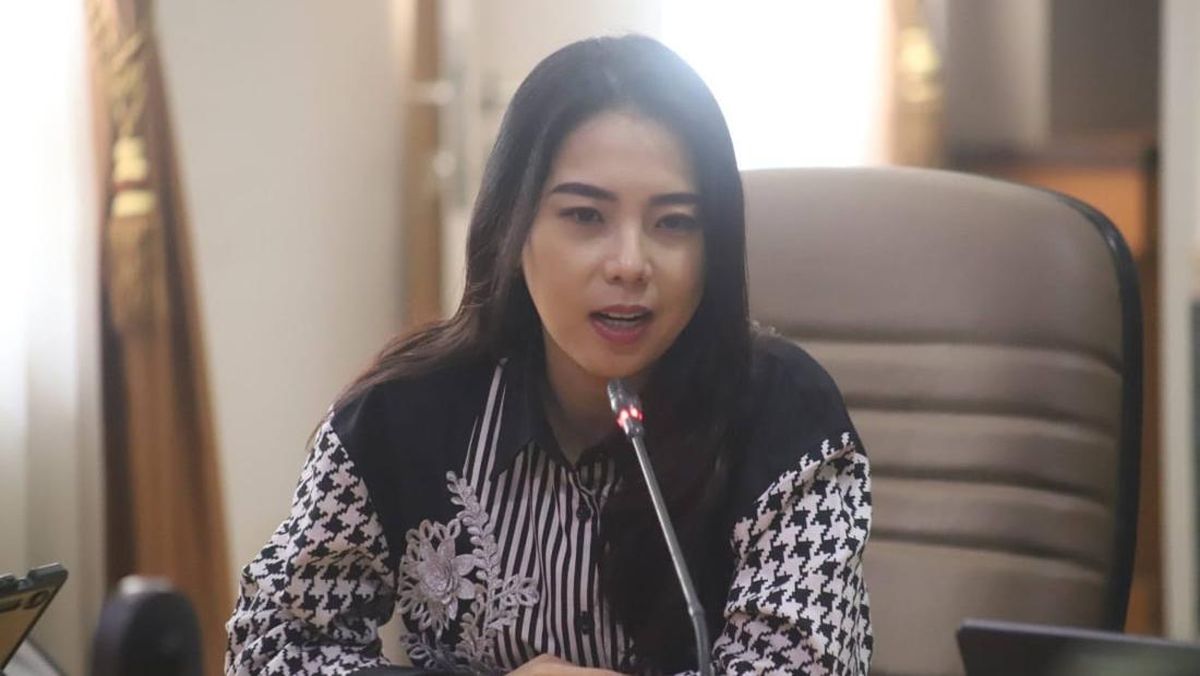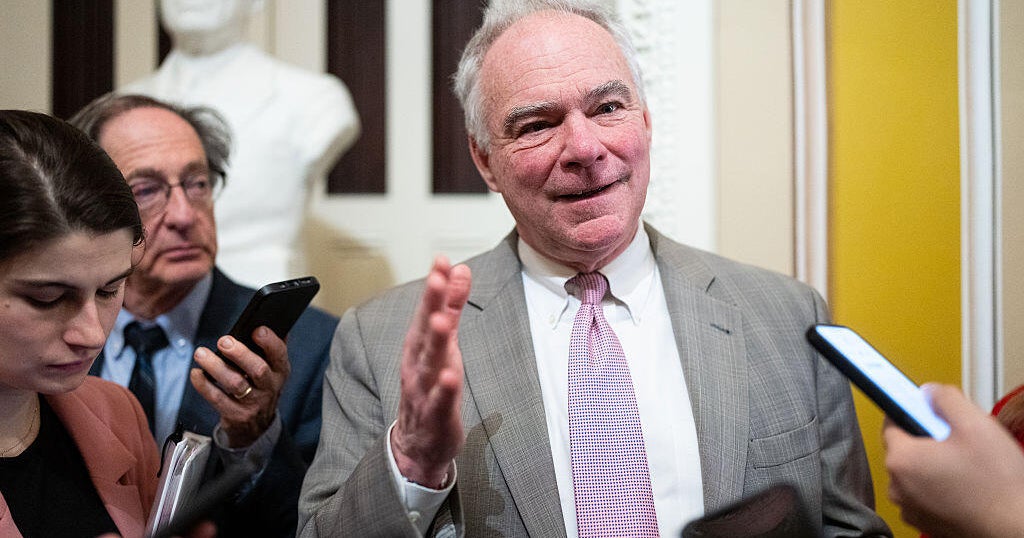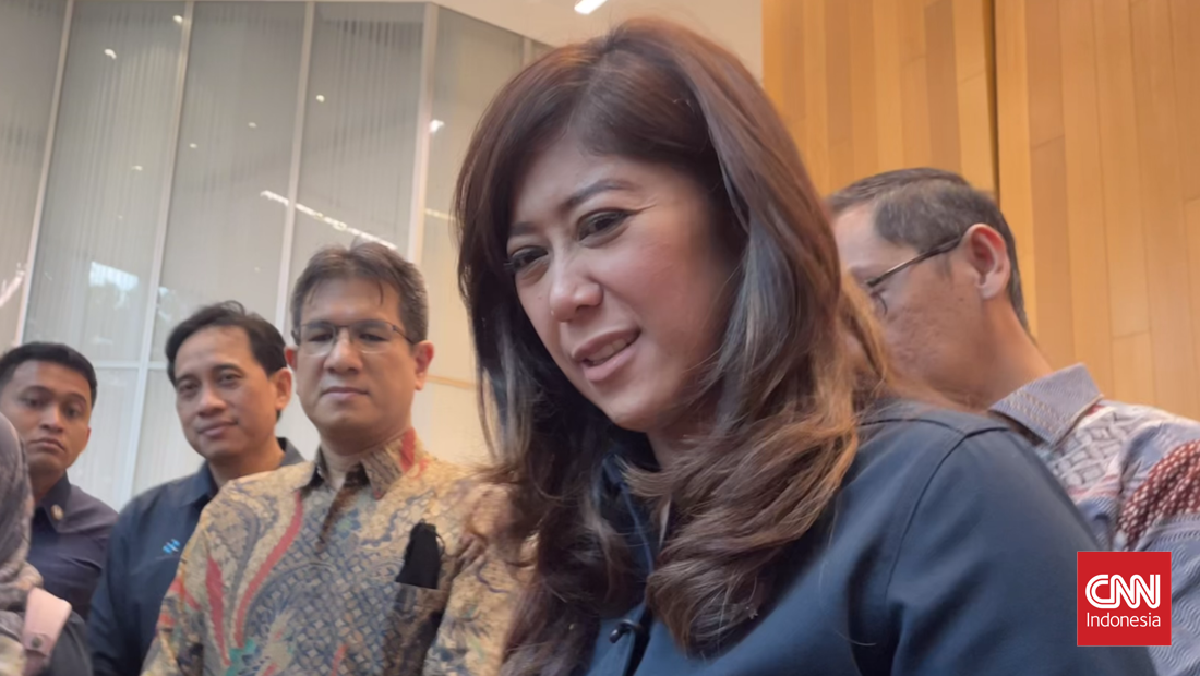Labor’s plans to restrict public access to government information will not pass parliament, as the Coalition and the Greens unite to oppose the bill in the Senate, calling the measure a tax on truth.
Charges for freedom of information requests, the banning of anonymous submissions, and guardrails on what information can be released were at the heart of the bill, which the government said is designed to combat vexatious claims, easing pressure on the public service.

Prime Minister Anthony Albanese and Attorney-General Michelle Rowland. Credit: Alex Ellinghausen
The Coalition said it would not support the bill, and the Greens said it would not pass the Senate without being completely rewritten as MPs in both chambers described the changes as a tax on truth.
“You can’t make a silk purse out of a sow’s ear. Every single stakeholder, apart from the public service, has condemned this bill,” shadow attorney-general Andrew Wallace told a press conference in Canberra, after the government rammed the bill through the House of Representatives on Thursday morning.
“The concept of freedom of information is a fundamental tenet of our democracy, and where this government continues to throw a shroud of secrecy over its activities.”
Any person or organisation, whether in Australia or abroad, can make requests to government agencies or ministers to access documents and communications between parties. Journalists and politicians regularly use the system to hold the government to account.
It is the second time in a fortnight that the Greens and Coalition have joined forces in the Senate. The upper house became a battleground last week over transparency issues, after senators demanded the release of a jobs-for-mates report held by cabinet for over two years. The government finally agreed to release the report by the end of December.
Attorney-General Michelle Rowland first proposed the FOI changes in September, arguing they would “strengthen” the system that she said was “stuck in the 1980s”. The government blamed artificial intelligence and bad actors for swamping the system and getting in the way of legitimate requests.
Part of the original proposal included a ban on anonymous requests. This feature was removed from the bill via a government amendment before it passed the lower house.
The Centre for Public Integrity has described the Albanese government as having a “troubling culture of secrecy”, finding that the rate of fully granted FOI requests fell from 59 per cent in 2011-12 to 21 per cent in 2023-24.
Loading
Centre chair Anthony Whealy described the bill as one that “pierces the heart of fundamental democratic rights”, and demonstrated a “troubling contempt for scrutiny and proper legislative process”.
In a report card on the government’s performance, the centre also found Labor had failed to be transparent in six of seven fields: secrecy, jobs for mates, reining in lobbyists, parliamentary accountability, an independent public service and oversight of the executive branch of government.
Greens senator David Shoebridge welcomed the Coalition and crossbench’s opposition to the bill in both houses, saying the government had attacked the system rather than “fixing the culture of secrecy in their own ranks”.
“Today made it crystal clear: this bill has no friends. Labor rammed it through the House on their numbers alone and not a single crossbencher or opposition MP voted for it. That tells you everything,” Shoebridge said.
On Wednesday, debate over the bill was repeatedly bounced between the House of Representatives and the Federation Chamber, a secondary debating space designed to free up the lower house for more pertinent business.
Cut through the noise of federal politics with news, views and expert analysis. Subscribers can sign up to our weekly Inside Politics newsletter.
Most Viewed in Politics
Loading


















































